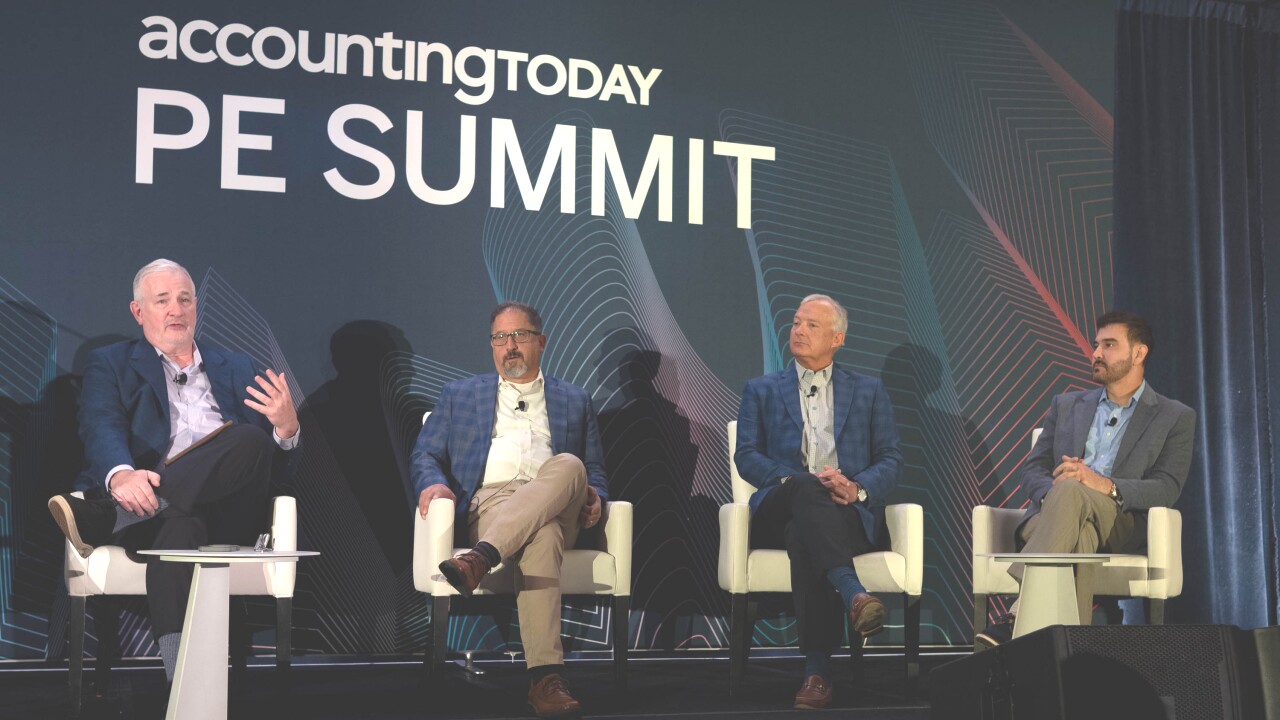Artificial intelligence is being hailed as a panacea that will help accountants work more efficiently and profitably and commit fewer errors. But the reality is much more complicated. At the same time, our profession's seemingly blind acceptance of AI as a fix-all is actually hurting our ability to attract and keep talented young professionals.
As smart as it is, AI can't replace the judgment of individual accountants. Moreover, firms' and fintech's aggressive promotion of AI tools is making it harder to build a case for hiring at a time when the profession is suffering a
Accounting firms have bought into the AI hype and slowed their investment in personnel, believing they can rely more on machines and less on people. Roughly 40% of accounting and auditing job listings were left unfilled through the first 11 months of 2022, according to Revelio Labs, a workplace data provider.
AI in accounting is only as good as the brains behind it and I sincerely hope these professionals are learning accounting standards before they start programming. Here are recent examples of where the tech alone is falling short. Until these shortfalls are addressed — and even if they are fixed — we should recruit and train regardless because there will always be a need for a human element to exercise judgment.
- Claiming the Employee Retention Credit. The ERC is a tax credit for businesses that continued to pay employees during the COVID pandemic when they were either shut down or suffered a significant decline in gross receipts. AI-powered tools may be excellent at sorting payroll data that's needed to calculate the ERC, but they fall short in pinpointing whether a person on payroll was a majority owner of the business whose salary can't be included in the ERC calculation. An accountant still must go into files to do that manually.
- Deferred income. I have a client who charges a fee upfront for up to three years of the services he provides, but he hasn't been recognizing deferred income on a portion of that money. He isn't GAAP-compliant. We've tried all kinds of automated tools but, in the end, somebody in my office still has to go into each individual contract and determine what is currently earned (and recognized as income), and what are payments for the future and can be deferred.
- Differentiating between depreciation and deductions. If a business repairs a piece of equipment that adds to the life of that equipment, our Tax Code stipulates it's supposed to be depreciated over time. If the repair doesn't extend the life of the equipment, the business can deduct the cost of the repair in a single tax year all at once. I've yet to find an AI solution that can make this distinction.
- Providing personalized tax solutions. AI-powered programs usually provide a limited number of solutions to a tax issue. If a client wants something else, something unusual or specific to their strategy, AI still can't provide it as the tech still doesn't recognize sophisticated differences between clients.
Is it worth the time and money?
In addition to these shortcomings, onboarding, using, customizing and correcting AI solutions costs money and time. They're only as good as the material you give them. For many, you have to buy an OCR scanner that can convert text and images into a machine-readable text format. Then you'll have to manually scan in documents and spend time reviewing tax filings to make sure all the forms were input correctly. I've tried it and it just hasn't saved me much time.
If a large accounting firm builds their own AI systems, the cost could stretch into the millions and grow with each Tax Code revision. Will they be able to recoup those costs? In time, sure, but in the short term, clients are accustomed to paying only so much for accounting services and they walk when fees begin to rise. For smaller firms, the cost of purchasing these tools, and then training staff to customize their use for each client's need, is prohibitive. I prefer to hire a talented young person and train them myself. Not only am I providing better service to my clients, I'm also boosting this person's job skills.
AI is not the only change that's needed
Until AI is able to handle accounting problems with nuance, personalization, specification and judgment, accounting firms need to hire more people and invest in them.
In the meantime, the profession needs to adopt new ways for letting people in. Our accounting certification boards should ramp up their investments in apprenticeship programs to train new accountants. They should also reevaluate their licensing processes. One suggestion is to reduce the work requirement to get a CPA.
AI will not replace accountants. It can't exercise judgment the same way people can. It can't solve many tax complexities, at least right now. For example, it still can't accurately ensure that all transactions are properly documented and accounted for in tax filings.
Accounting firms need to get back to basics, to what drives the profession — people who listen to clients.





